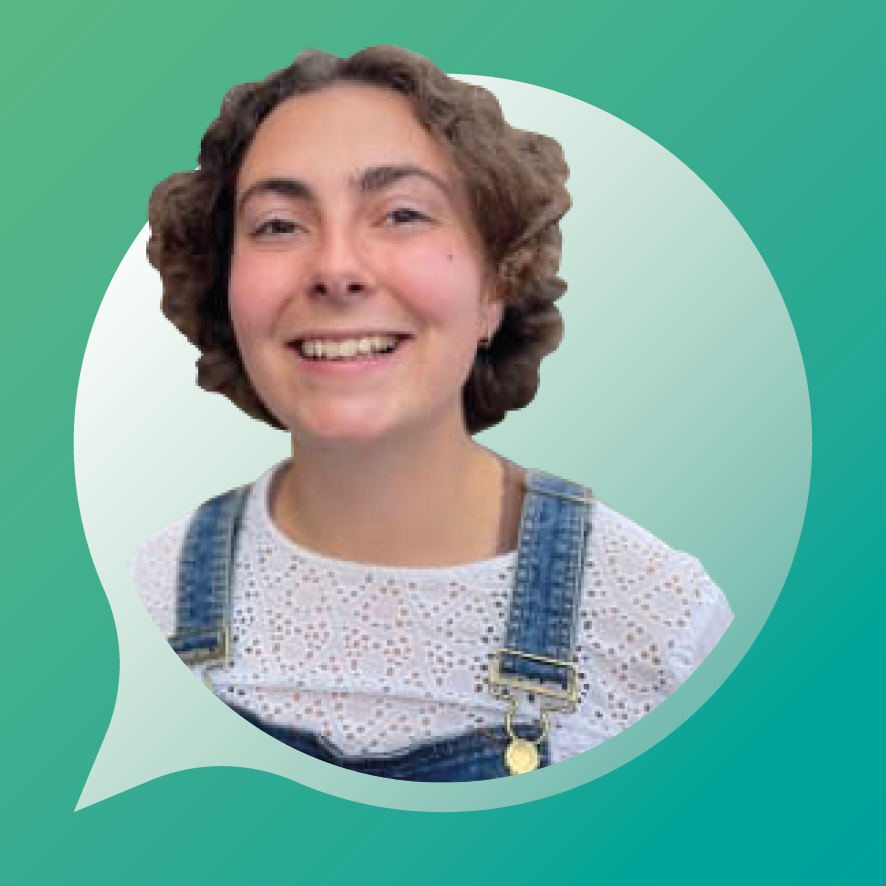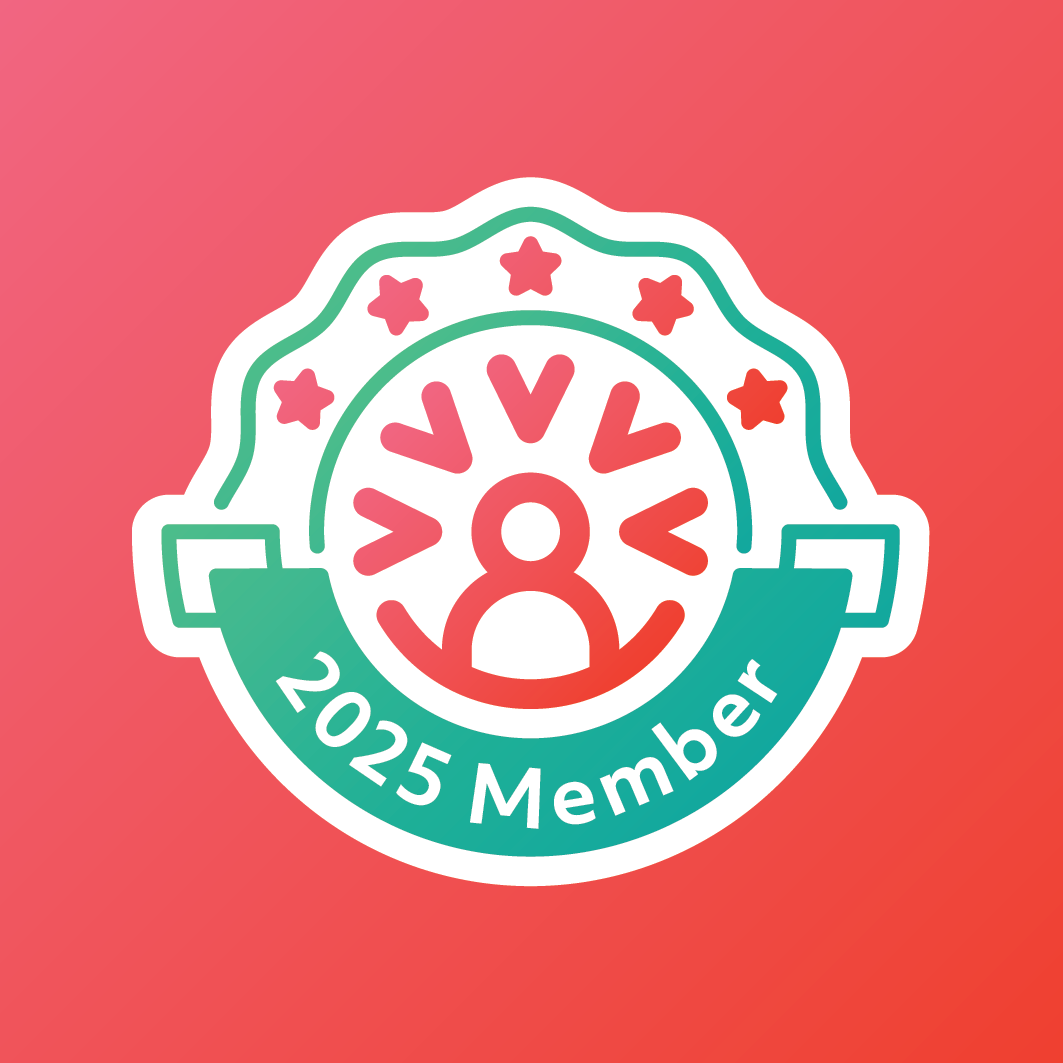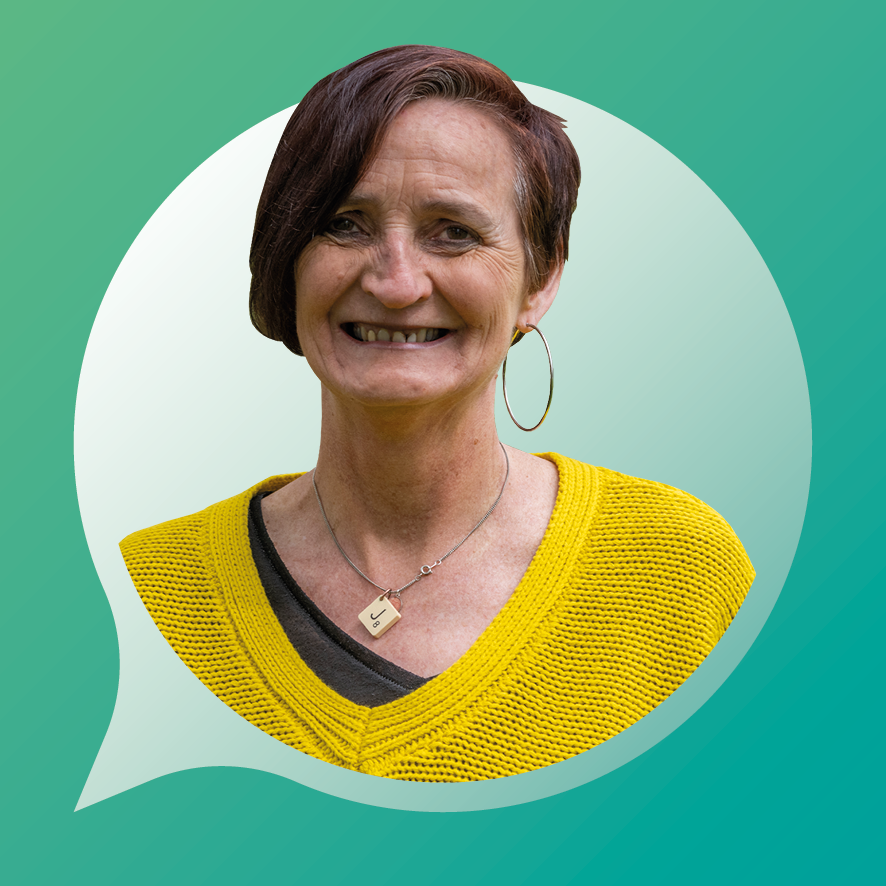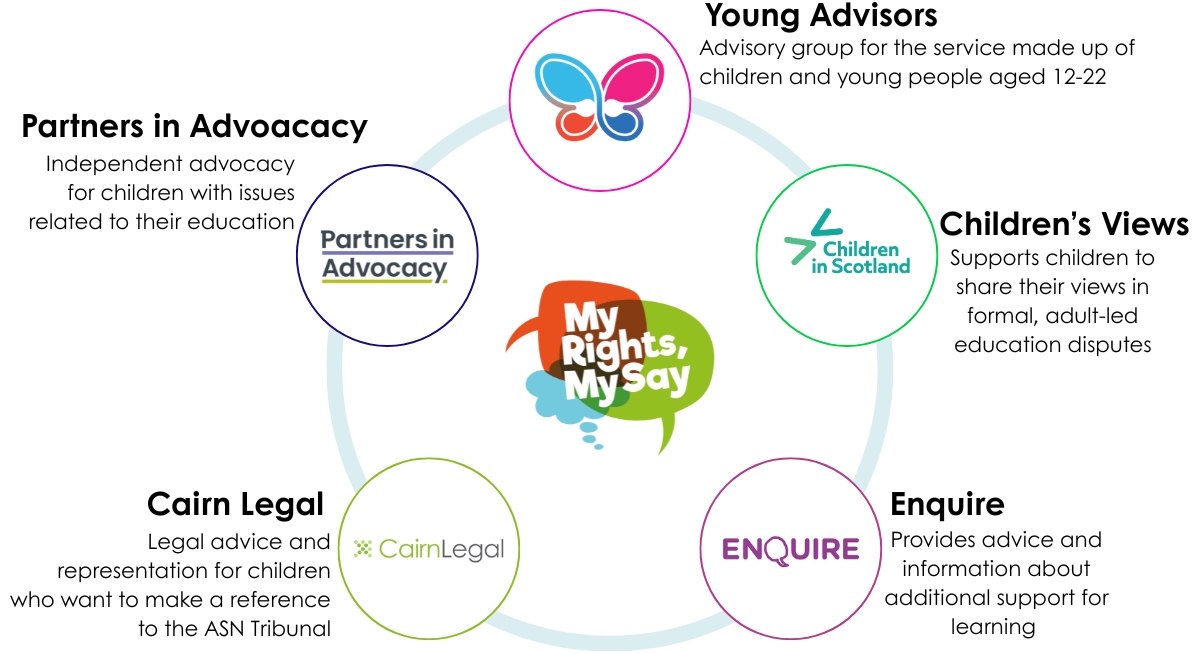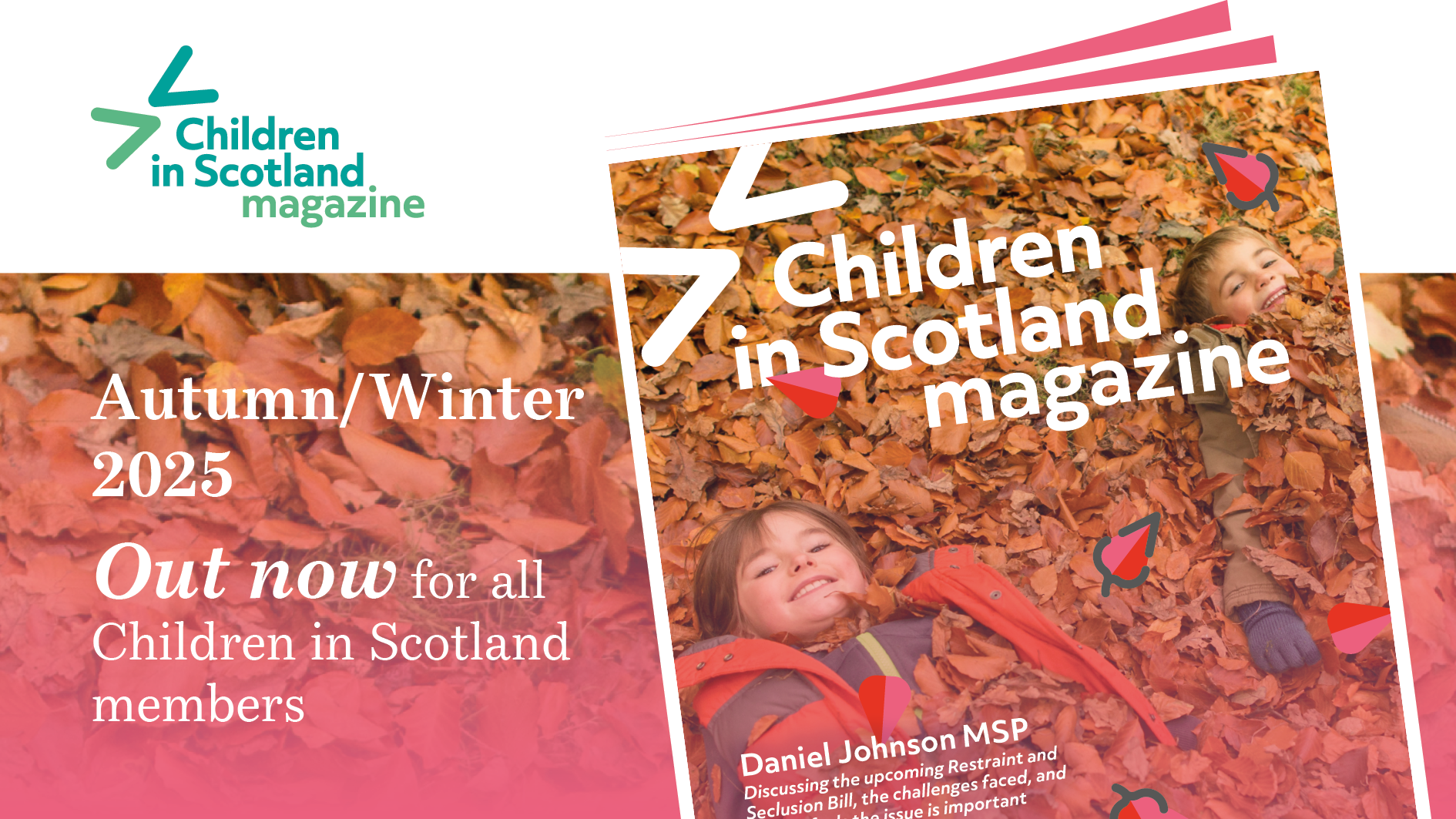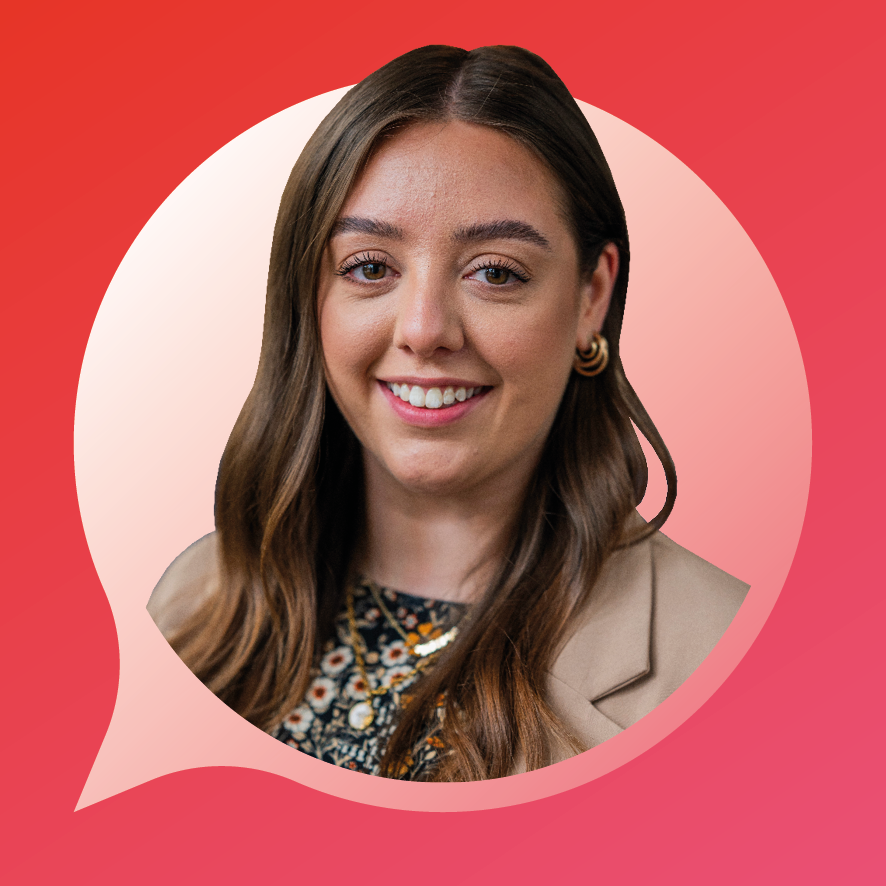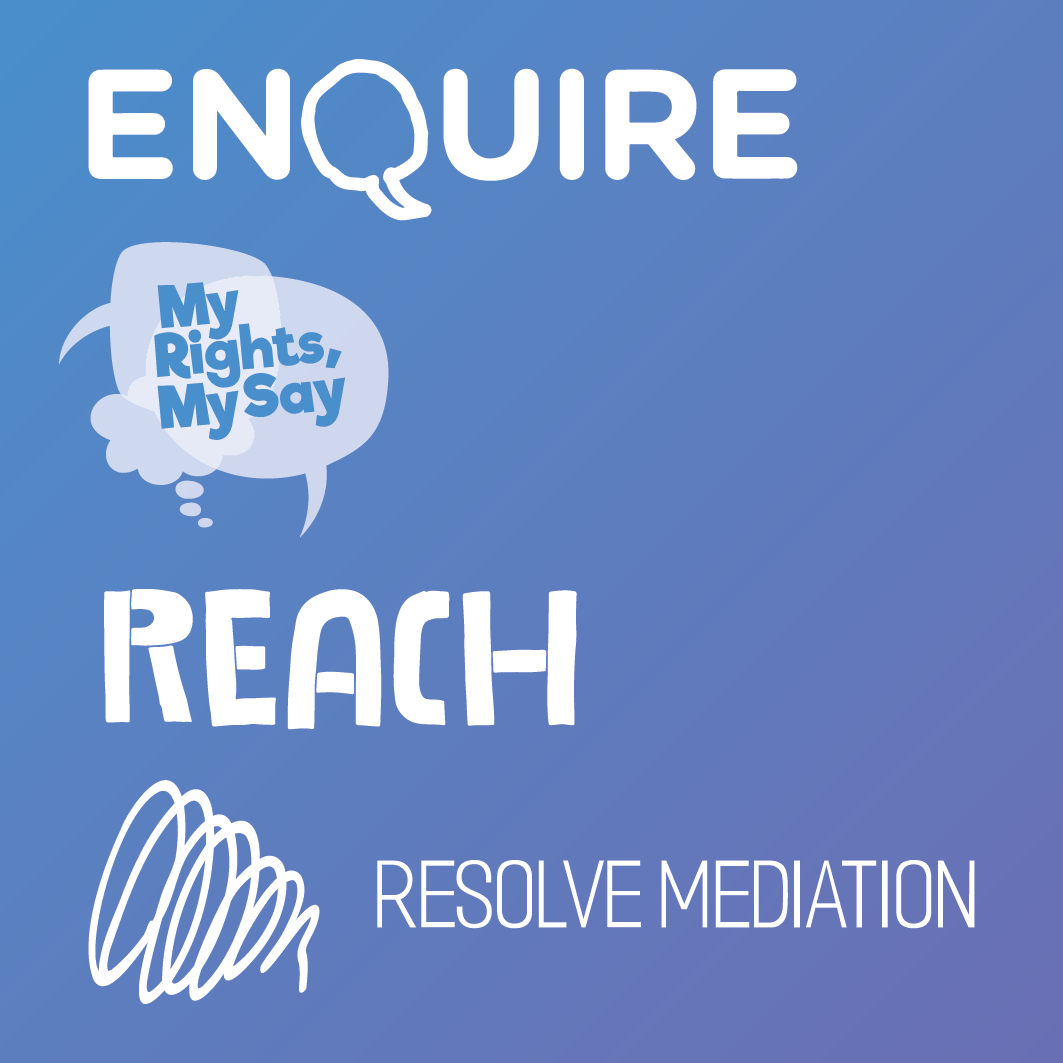Improving Care Experience: Audit Scotland report on delivering The Promise
14 Oct 2025
Audit Scotland has released a report detailing the current status of delivery of The Promise.
The report, jointly written by the Auditor General for Scotland and the Accounts Commission, acknowledged that organisations and individuals remain dedicated to keeping The Promise but was critical of the progress made in improving Scotland’s care system.
The report called for greater clarity around roles and responsibilities for different organisations, including those set up by the Scottish Government to help deliver The Promise. It also called for clarity around how success would be measured, while acknowledging an initial framework has been set up for this.
The report recommends that over the next six months, the Scottish Government and The Promise Scotland should focus on identifying where resources need to be allocated, on clarifying set roles and responsibilities at a national level, and providing clearer reporting on spending and decision making.
The Scottish Government, the Convention of Scottish Local Authorities, Solace, The Promise Scotland and the Independent Strategic Advisor for the Promise released a joint statement in response to the report, saying they are taking its findings ‘seriously’, and reasserting their commitment to keeping The Promise.
Auditor General Stephen Boyle, said:
“The Promise is about improving Scotland’s care system, and the lives of everyone that passes through it.
“But the pace of change now needs to increase. The Scottish Government and their partners need to set out their priorities and how these will be achieved. Roles and responsibilities need to be clarified ... and public bodies need guidance on what they should be focusing on.”
Minister for Children, Young People and the Promise, Natalie Don-Innes MSP, said:
“The Scottish Government is resolute in our commitment to Keep the Promise. We are seeing good progress, with fewer children in Scotland growing up in care since 2020, no young people under-18 being admitted to young offenders institutes, and more people with care experience going on to positive destinations nine months after leaving school.
“If passed by Parliament, the Children (Care, Care Experience and Services Planning) Scotland Bill will further accelerate progress towards ensuring all children and young people receive the compassionate and considerate care they need throughout their care journey, so that they grow up loved, safe, and respected.
“There is more to do to Keep the Promise, and we acknowledge there have been challenges to progress in the early days after the Promise was made in 2020, including the pandemic. Independent analysis published this year by the Promise Oversight Board outlined that The Promise can be kept by 2030 and we are determined to work with councils and partners including The Promise Scotland to achieve that.”
A joint statement from The Scottish Government, COSLA, Solace, The Promise Scotland and The Independent Strategic Advisor for the promise, included the following:
“We are taking today’s report from the Auditor General and the Accounts Commission seriously. Together, we remain fully committed to the shared goal of ensuring that all of Scotland’s children grow up loved, safe and respected.
“The report has a number of recommendations on how to help achieve this, many of which align with work underway. This includes continuing to develop Scotland’s delivery plan, ‘Plan 24-30’, and telling the Promise Story of Progress.”


#KeepThePromise Learning Programme
Our eLearning Hub hosts three modules to help pupil support staff in their roles with care experienced young people
Visit the hub